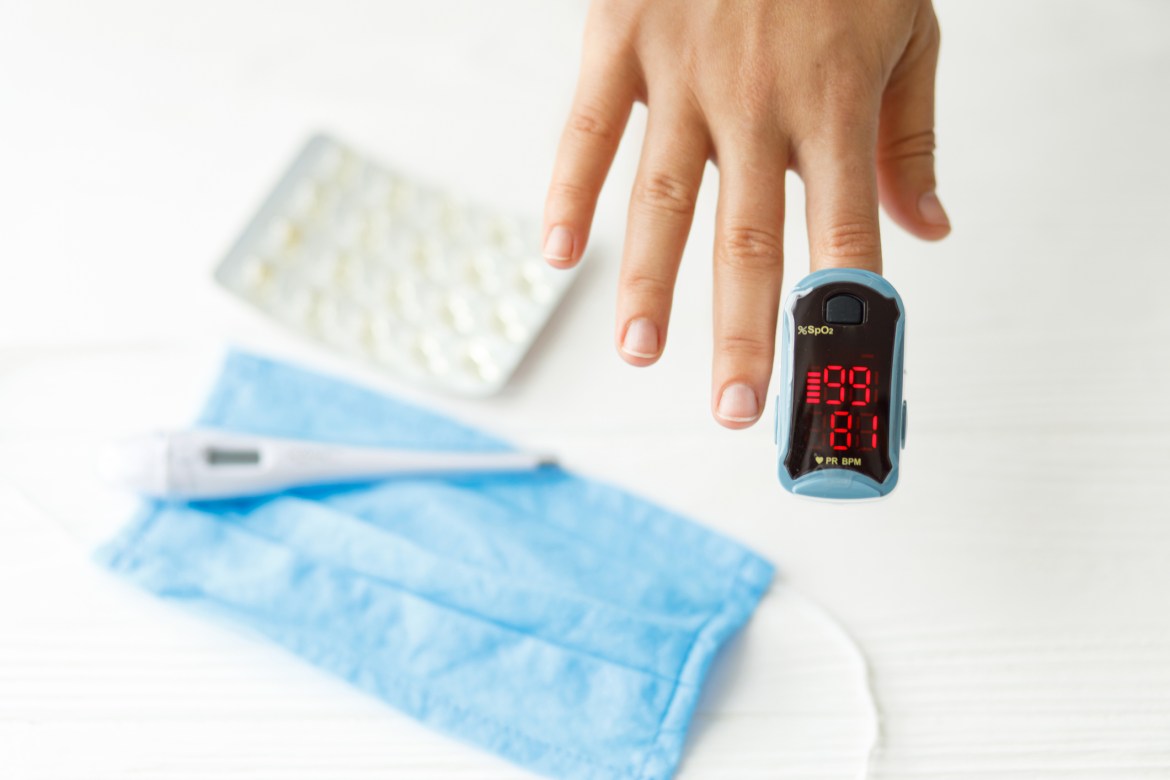There is a certain level of panic and fear that accompanies hearing the dreadful news of someone at home (or even yourself) contracting COVID-19. Among other things, you worry about how you’re going to provide supportive care to the patient while keeping everyone else inside the household safe.
Unless the sick member in your family has pre-existing health conditions, he/she may possibly only experience mild to very little symptoms. In this case, emergency medical care will no longer be required. The patient can stay at home, isolate, and recover while everyone else exercises the right precautionary measures to avoid getting infected.
What exactly should you have at home when treating or monitoring someone with COVID-19? Below, we list down the things you’ll need:
Thermometer
One of the symptoms of COVID-19 is a fever. Keeping a thermometer at home can help you monitor the patient’s temperature throughout the day. Make sure to watch out for sudden spikes in your patient’s temperature.
This should be one of the reasons that will determine whether or not you should bring them to the hospital and seek medical care. Although the normal temperature may vary from person to person, the average temperature for adults usually lies within 36.1°C to 37.2°C.
Pulse Oximeter
A pulse oximeter helps you measure the amount of oxygen in your blood. It is a small sensor/device that you attach to your patient’s finger to check if their body’s healthy and functioning the way it’s supposed to. This is especially useful for those with lung or heart conditions.
More specifically, oxygen levels can tell you about how much oxygen is in your red blood cells. It should be no cause for concern if the reading is between 95 to 100 percent. However, if you notice a significant drop in percentage, then you should immediately contact your doctor.
Blood Pressure Monitor
Blood pressure monitors are used to determine if you have high or low blood pressure. This can give you an insight into how vulnerable you are to strokes or heart diseases. If your patient already has a known history of having high blood pressure, then you may need to check their BP more often.
When measuring blood pressure, see to it that the sick member is sitting correctly with their back straight and feet planted on the floor. The cuff should be placed directly above their elbow and their arm should be resting at chest level height. It would be best also if you check their blood pressure at the same time every day. Ideally, their blood pressure reading should be lower than 120/80 mmHg.
Oxygen Tank
The use of an oxygen tank may be within your own discretion. Since having COVID-19 can affect your patient’s breathing, you can opt to purchase an oxygen tank for them. This can significantly improve the distribution of oxygen to their lungs and heart, as well as other parts of their body.
It can assist the patient and help them cope when their oxygen levels are too low. For proper advice on this, make sure to reach out to your doctor, ask them for recommendations, and have him/her tell you how long you should be using it.
Nebulizer
Nebulizers are great for treating respiratory ailments like asthma. When a sick member has this pre-existing condition and must use a nebulizer at home, it is important that he/she is doing it in a location, like an outdoor area, where the air is not being recirculated and where other members of the household do not frequent daily. This minimizes the chance for exposure among non-infected people.
Before and after use, the patient and the caregiver must always wash their hands and thoroughly disinfect the nebulizer.
Prescribed Medication
When taking care of someone with COVID 19 at home, it is likewise crucial that they take their medication as prescribed by the doctor. The more common types of medicine that health professionals prescribe are pain, cough, and fever medication. Cough drops may also help reduce the itchiness in the throat and alleviate coughing.
Ultimately, the type of medication the patient must take should be upon the advice of the doctor.
Vitamins
One of the ways you can strengthen everyone’s immune system in your home is by asking them to take their vitamins. This item is for every member’s safety in general. In addition to a healthy meal plan, vitamins can help fight illness and also ease symptoms, especially if you or the sick member in your family has been taking them before getting infected.
Vitamins B, C, D, and Zinc are typically the recommended vitamins to take. But don’t forget to consult with a health professional when taking these along with prescribed medication as there may be serious side effects for doing this.
During these trying times, it helps to have a plan and be aware of what’s happening in your household. We strongly advise you to seek medical care if the patient’s symptoms worsen while staying at home. Always remember to take the necessary safety measures when leaving your home and interacting with others. #StaySafe #StaySmart



